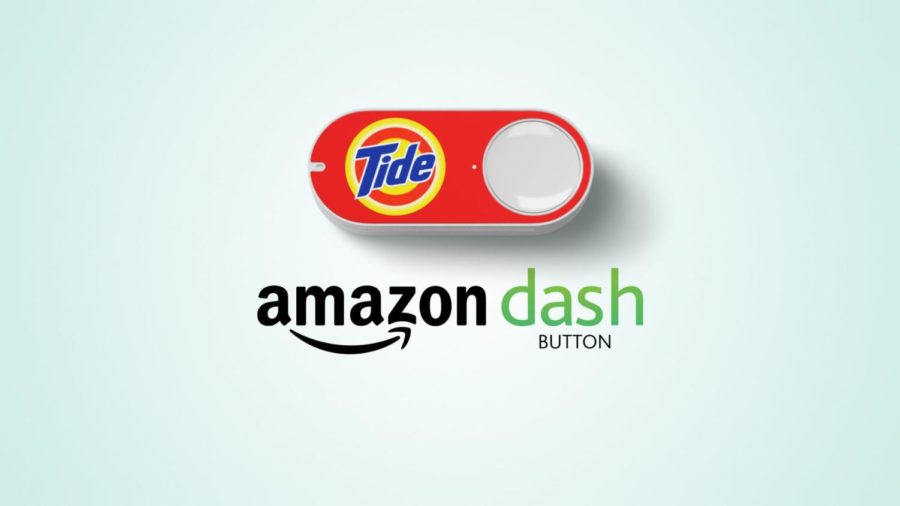Petzold: Hidden drawbacks of online retail
June 13, 2018
Amazon and other types of online shopping seem to be taking over the world. Many businesses and malls have been forced to close because people simply don’t want to go to stores anymore.
Most would rather have items delivered to their houses than explore stores and find the things they need. In fact, according to data from the Pew Research Center, 79 percent of Americans now shop online — an enormous jump from the meager 22 percent that shopped online in 2000. Fifty-one percent have also shopped from their phones.
Online shopping has driven many previously thriving businesses to extinction.
Many large retailers massively downsized in 2017. Payless Shoes closed 400 stores, J.C. Penney’s closed 138 stores and Macy’s closed 68 stores.
The advent of online retail has even managed to threaten entire industries. An example is the physical book business.
Amazon pioneered the idea of e-books — books you can pick out, buy and read from your desired screen. Hundreds of books can be stored on a device called an e-reader that is incredibly light and portable.
However, with e-books becoming very popular, young readers prefer e-books to paper books. I am personally saddened by the thought of readers getting used to the feel of a metallic device rather than feeling the paper of books.
I can see how online shopping can benefit people. I’ve used Amazon before when I couldn’t find time to go to a store. It definitely benefits those who have little time to do anything besides work and sleep.
However, there are many of us who should cut back on our online shopping.
My mom and I still enjoy going out and looking around a store, occasionally picking something we might want to try on. Shopping online with my mom is much less exciting.
Online shopping also leads consumers to buy things they think they would like, leading to an excess of things that people don’t need. Indeed, online retailers are attempting to actively facilitate impulse purchases. There can be some huge pitfalls to this.
For example, consider a situation where the demand for an item outstrips its supply. This would drive the manufacturers of that item to cut costs in order to keep up with the inflated demand. This, in turn, leads to the need for more workers in possibly terrible conditions and the quality of the manufactured item suffering.
Online shopping is very useful and beneficial at first glance, but it has some serious drawbacks.







